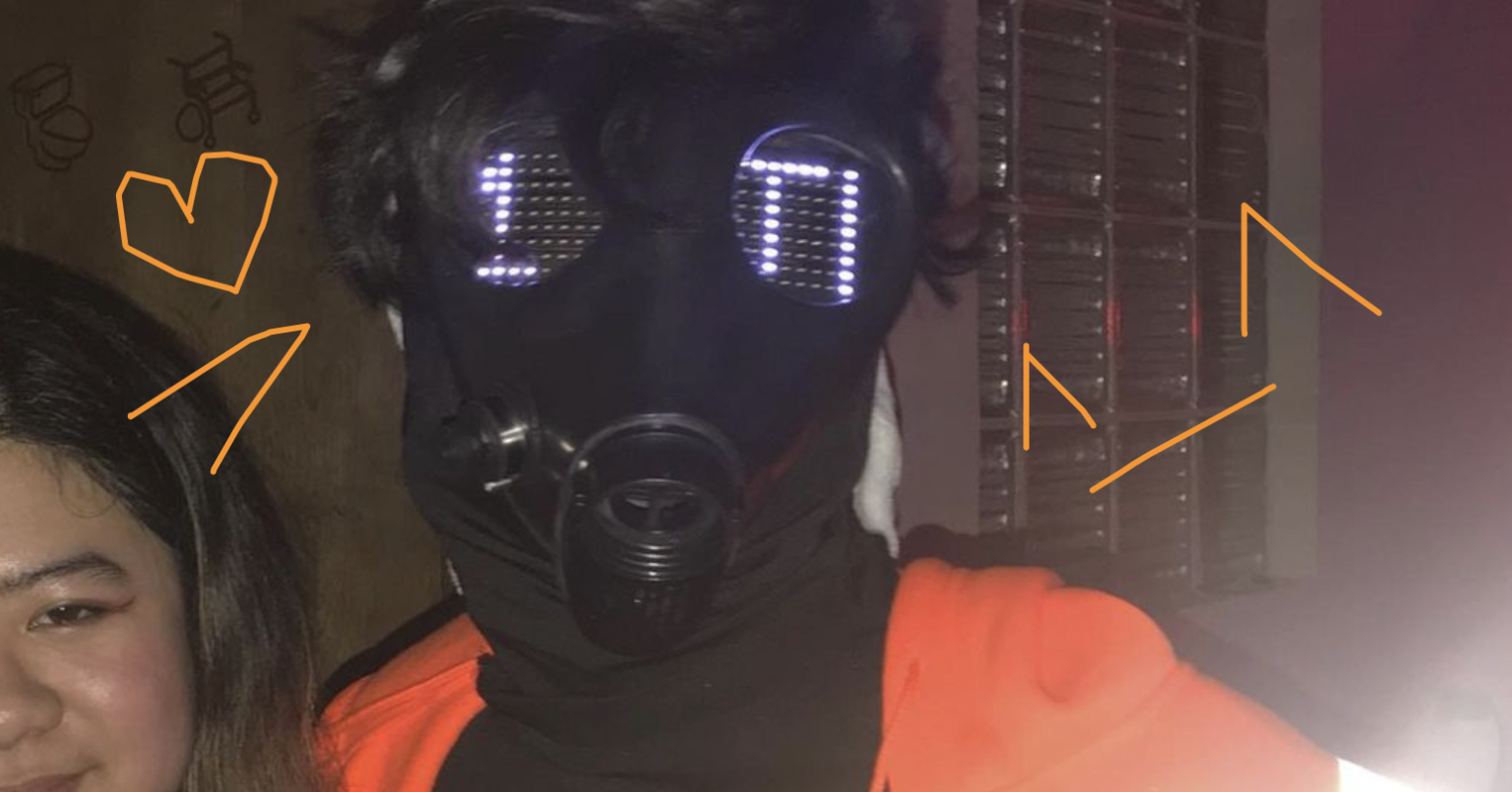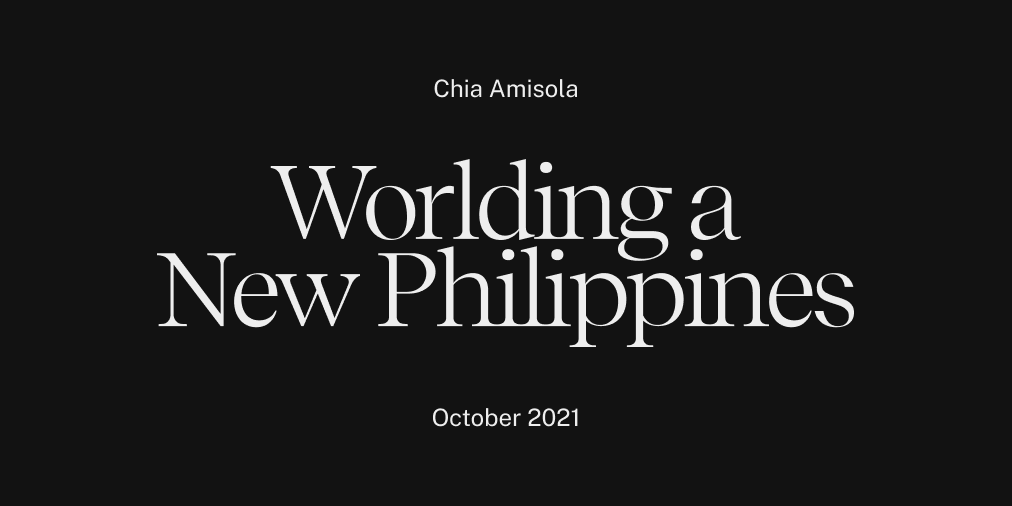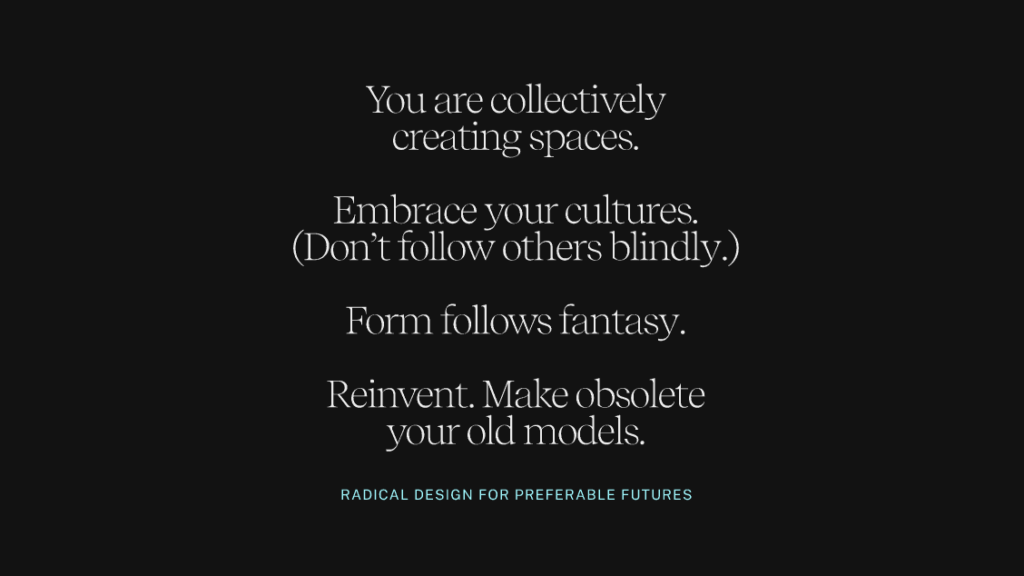Reading Time: 7 minutes
I remember how much I dreaded the idea of settling down when I was a teenager. It meant to resign oneself to gated communities in Manila, hour-long drives to take your children to Catholic school, and empty pleasantries at Sunday mass for the rest of your life. In my raw, unexposed head –– there was nothing more foreign and undesirable. Nothing farther from passion. The imagery of man and wife strolling across malls rioted in my mind. My sister passing me off in a sweltering church, sweat and little gore past decades-old lace. Settling down in terms of Catholic womanhood meant to forego all of one’s love and potentialities to entirely devote yourself to another. (Do I not do this today, or at the very least seek to?)
In the age where half your friends don’t know how to drive and the other half are falling madly, deeply in love. So deeply that they begin considering human permanence. One friend concusses and sees god, another one swears that they found Him in themselves after someone had shown it to them. (I’ve seen it all along––but I suppose seeing one thing and convincing another that the thing was in them the whole time is a far larger issue.) My love becomes my child. My love becomes the way I love my friends, how much laughter I bring in them. Love here is futile and fleeting; there is only so much that I can project. People find other forms of love. People find new things comparable to love everyday, without idea of how to call it.
A lot of my notions of domesticity revolve around the presence of a physical space. In Manila, anytime not spent in school or the mall would be one at home. My house was where I walked for the first time, where I said ‘I love you’ (yes––over the phone, as what happens in incredibly repressive home life), where I heard the best and worst news of my life. Most of the times, I forget how lucky I was to live in a relatively large home in some suburban place in southern Manila. It had no yards and at 4AM every weekday, we would trek to the inside from our pebbled garage, stained yellow and black from grime and running water flooding in from the back kitchen. I probably stepped on the sparse patches of grass in front of our house no more than a handful of times, and walked through our front gate less. All the front of our home was to us was a place of passing. There were was no waving or lingering there as one would, no porches or delight; in fact, it was beneficial to, as much as possible, act like there was nobody in the house for fear of invasions––or fear of having to leave the front lights one.
The more I think about it, the more I realize how little I know about my house beyond the room I grew up in. I could count the amount of times I stepped on the sparse patches of grass at the front of our house on my fingers, or ever walked through the main doorway. I rarely embraced the narrow walkways that made the edges of our houses connect with neighbor to neighbor (where at their narrowest point, you would have to squeeze your body sideways) the rusting mounds on each of their gate’s carapace, telling not only of security in the physical sense but the emotional. Here, after more than a decade of living, we entrust these secret passage with the katulongs of the other house. They know and can trace every footstep along it more vicariously than anything else. At one opoint, I believed several had a conflicting memoir for me as I slept: the subjected human, the impaling and the testament delivered at the moment of death,
Most of my relationship to family has then been lived in through cars and passing places. The three hour car rides it would take to get to school and back, the other three hours it takes to drive up to Tondo as I memorize the streets and avenues from the back by the way they blur in my periphery, feeling familiarity with the bumps on the pavement and sharp turns south to Cavite. When I went to Yale and spent, for the first time, more than a week without really stepping foot in any vehicle––I realized how much of domesticity has been resigned to false notions of distance. When I stepped into a car (really the first vehicle, no bus, train, or anything else) for the first time after months, I almost physically winced at the strangeness of leather and metal against skin again. The air freshener stung and with my mind like a child’s once again, we went on the highway and I imagined myself jumping outwards––racing across the objects in the window as I would whisk myself over telephone poles and squatter homes.
With friends, I dream of simple things. I’m not sure if we abhor domesticity because the house is an impossible image more than some sacred one. The idea of convention to burn a body, the promise of holding our hands in places that both the sun can reach and where god will consider forgiving us. An apartment in Makati where we can walk to both the grocery and the schools. A garage or no need for one. A dream of living in the same twenty-mile vicinity without taking three hours to get to one another. We overlook the Manila Bay where the water no longer bubbles black, and may even dare to drink water from the tap instead of getting weekly deliveries of plastic gallon barrels that we use to measure. I no longer taste iron or smoke when I lick my lips. I wake up to a sweltering sun and allow myself to be taken by it.
We place ourselves in western fantasy, too. Cottagecore life with the girls where we move into rural nowhere and tend to flowers and become our true selves. Commune in the middle of a European country where we can even begin to consider a lifestyle that does not revolve around our work. Sometimes I’m not sure at which point these desires tread more into the unreal, and which ones are just shuttered down by capitalist dreams.
In this narrative, we resign ourselves to the tenderness and care of one another. The fantasy might make itself as much because there is no where else where we can easily imagine ourselves as safe; the seeming absurdity of a blood bond reinforced and as concrete as little else. No man or being but us.
We’re compelled by little things like the friend hang where we loiter around grocery aisles and spend hours finding flour, stand in line for hours outside the Department of Foreign Affairs with bottles of water, paying bills and finding each other.
Proximities might easily be mistaken as care, though it also feels like the latter can only ever thrive with the former. (Again, I dream of bringing everyone I love in the same place.) With my friends, I’ve developed this newfound urgency to know and be in their presence always (whatever possible, physical distance aside) after what feels like a lifetime of recklessness and suffering. In my childhood home, I wandered around my room over and over and circled a place that still has always felt so alienating. (The summer after I returned from college for the first time, I looked at the ‘now-childhood’ bedroom and barely saw remnants of myself, bare physical artifacts and unrepaired wear and lights the most glorious signs that something had happened, something had been.)
I haven’t been home (‘Philippines’) in three years. I see glimpses of the family in photos, everyone with hair graying out and changing. My father no longer offers to carry my bags up into the car––I do it myself. I turn the lights off myself, no questions asked. I wonder how they feel when they look back into the body of a baby they once nestled, the whole of my life present in front of them and an end they’re not likely to see. I see everyone walking in slow motion, unbearably so, as my own clock feels itself speeding a million miles an hour to a life I was never prepared the consequences for.
I feel compelled to just rush in once again, like I did before I was the child who stopped talking. I bring back rooms into raucorous laughter at the expense of my own self. I perform, and everyone gathers. Everyone is so alive.
There appears to be an unknowable final time for all things. The last time we all convene together for drinks, the last time I sit in the kids table (if ever), the last time we find ourselves in the same Sunday mass. I wonder how many ‘final times’ I have reached with my loved ones there. At least I know the spaces that had contained it.
I like these compressed spaces and the apartment dream. I don’t need to see the world. (What I’m telling myself now, at least.) I can experience it through these brief glimpses of enchantment… in the slo I need to see the people I love tending to their morning coffees and their wounds, I need to desecrate every inch of a box and make my being irreversible. Alternatively, I need to make so many memories and links to spaces that some part of me becomes unquestionably tethered. People walk in and say someone had existed. And it becomes the most lasting thing.
Outside of friendship. I become a realist again. Human beings tend to feel that they must be connected to one other only, that only what they produce can ever truly be theirs. I go back and forth between saying I want kids, jokingly saying that bringing kids in to this world is one of the true mortal sins (both to someone who never asked to be born under this climate, and the world as it ends unto itself). I think about the impossibility of spending my life with one other; where I begin clawing to see a world again when the home I dream of can be a space of convention and transference. Come and go. Begin trading little signs of life. Am I in search for a physical location, a temporal state, or a network of relationships––as if any of these can form what I beg slats can give me? A ceiling stained with smoke and laughter. Mythologies themselves manifest and come alive under the roofs of my friends’ mouths; we begin swallowing futures whole and making worlds that cannot be contained.
But who am I to judge the shame that might be held in an experience I’ve yet to feel? I wonder how we measure the rate of change in people: by their losses, their dwellings, all their gains––how nothing but history can be witness to their enormity, and perhaps in our lifetime, roof slats can stand in for that.
And when I picture myself trying to fill the rooms in my life whole, I look forward to hearing stories and taking in fragments of the new lives that people have lived. Is what I dream of now so different than the carnal state of the home? Or is it fatally flawed because we were meant to walk across the earth? Is it impossible to contain the human life in a concrete dwelling and also dream of constancy and persistence? How can I reclaim this world for all of us? Or at the very least, for myself?






